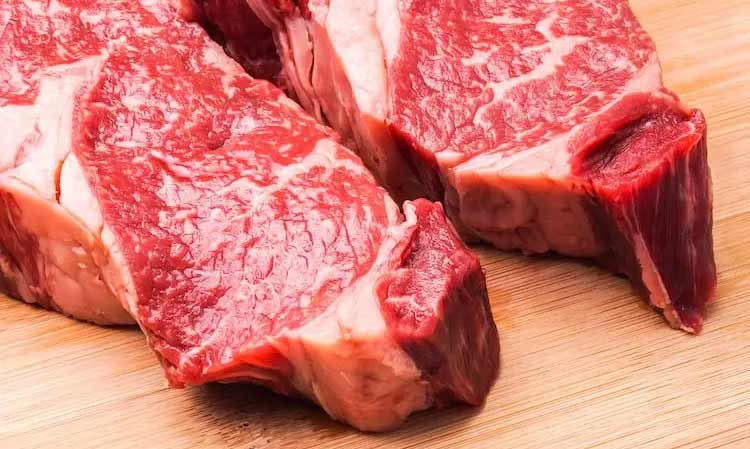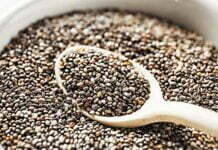Red meat, which includes beef, pork, lamb, and goat meat, has been a staple in human diets for centuries. However, in recent years, there has been an increasing concern regarding its potential harmful effects on health. This has prompted many to wonder whether red meat is actually bad for you or not.

There are several potential health risks associated with the consumption of red meat. One of the primary concerns is its high content of saturated fat, which can contribute to the development of heart disease. Studies have shown that consuming too much saturated fat can raise levels of LDL cholesterol, also known as “bad” cholesterol, in the blood. This, in turn, can increase the risk of heart disease, stroke, and other cardiovascular problems.
Another potential health risk associated with red meat is its high heme iron content. Heme iron is a type of iron that is found in animal products and is more easily absorbed by the body than non-heme iron, which is found in plant-based foods. While iron is essential for many bodily functions, including the production of red blood cells, excessive consumption of heme iron has been linked to an increased risk of certain health problems, such as cancer and heart disease.
Furthermore, red meat is often cooked at high temperatures, which can lead to the formation of harmful compounds, such as heterocyclic amines (HCAs) and polycyclic aromatic hydrocarbons (PAHs). These compounds have been linked to an increased risk of cancer, particularly colon cancer.
Despite these potential health risks, not all red meat is created equal. Lean cuts of meat, such as sirloin and tenderloin, are lower in saturated fat and calories than fattier cuts, such as ribeye and prime rib. Choosing lean cuts of meat and limiting portion sizes can help to reduce the potential health risks associated with red meat consumption.
In addition, it’s important to consider the quality of the meat you’re consuming. Grass-fed beef, for example, is higher in omega-3 fatty acids and lower in saturated fat than grain-fed beef. Choosing grass-fed or organic meat can help to reduce your exposure to potentially harmful additives, such as antibiotics and hormones.
Ultimately, the key to a healthy diet is moderation and balance. While excessive consumption of red meat can be harmful to your health, enjoying it in moderation as part of a balanced diet can be perfectly healthy. If you’re concerned about the potential health risks associated with red meat, consider incorporating more plant-based sources of protein, such as beans, lentils, and tofu, into your diet.
In conclusion, while red meat can be a healthy and delicious addition to your diet in moderation, excessive consumption can increase the risk of certain health problems, such as heart disease and cancer. Choosing lean cuts of meat and limiting portion sizes, as well as opting for high-quality, grass-fed or organic meat can help to reduce the potential health risks associated with red meat consumption. As always, it’s important to maintain a balanced and varied diet that includes plenty of fruits, vegetables, whole grains, and other sources of protein.













